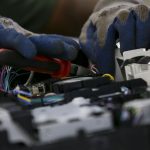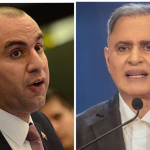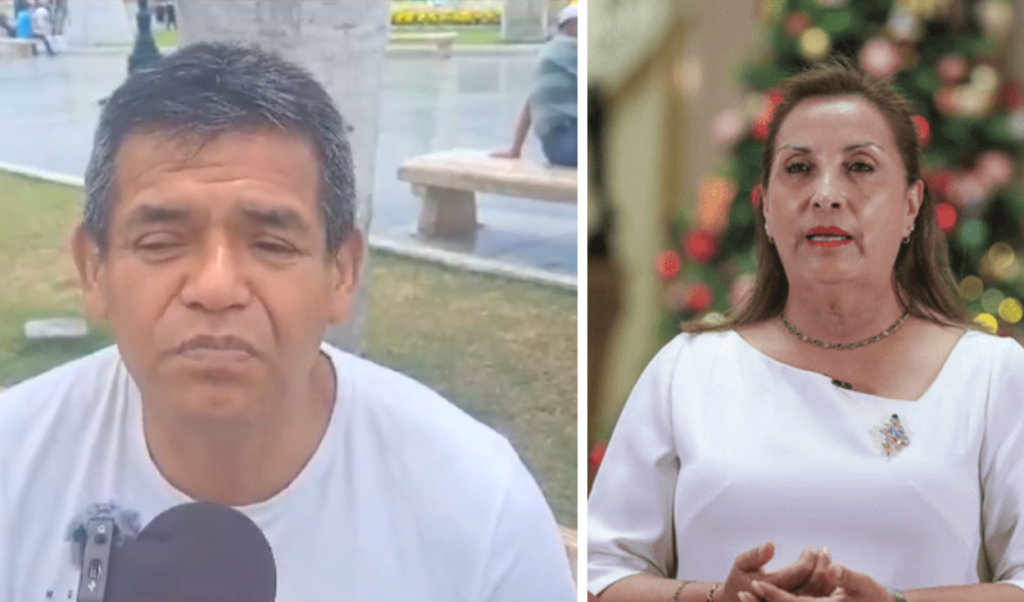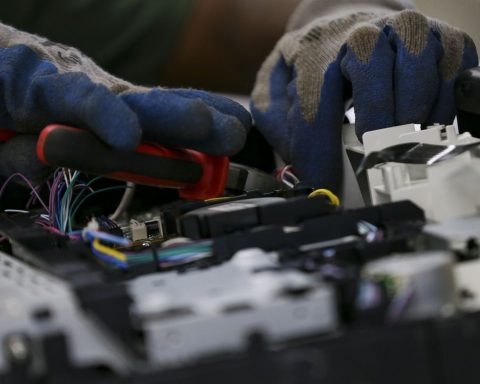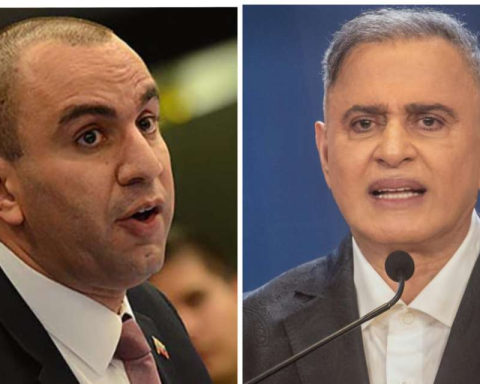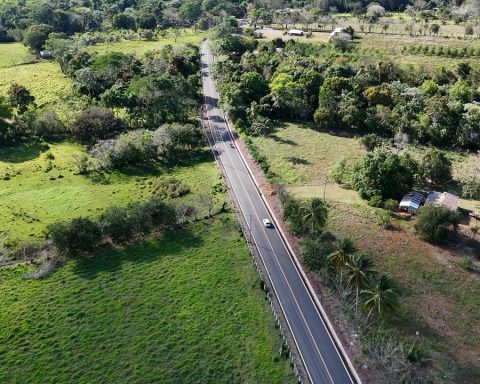Fabiola Martinez
La Jornada Newspaper
Sunday, December 29, 2024, p. 5
Almost five months before the judicial election in Mexico, the first of its kind not only in the country but in the world, in which 881 positions will be voted for, the National Electoral Institute (INE) decided to focus on citizens residing in the country and only make exceptions for disabled people, people in a state of prostration and their companions; The ballots will be delivered to the latter’s home, on the only day of early voting scheduled for the judicial elections on June 1.
On this occasion, for the election of ministers, magistrates and judges, Mexicans residing abroad and neither will people in preventive detention will vote, despite the fact that they have been successful experiences in previous processes, first as pilot tests and then as institutionalized mechanisms.
Only for the process linked to the contest on June 2, 223,970 residents abroad were registered, of whom 82.3 percent voted, that is, 20 points more than national citizen participation. They elected Presidency of the Republic and senators.
In this regard, the Institute’s most recent report, from the period September 1 to November 30, shows that this vote is a coordinated work between different areas of the INE that is not limited to the receipt of ballots by three means (postal, Internet and in person online in the main consulates of Mexico), but it is also a way to maintain contact with fellow citizens through a special registry and the issuance of a voting credential with photography.
The majority opt for electronic means, but a tradition continues to go to the physical site, even when they vote through a computer.
However, this is also an advance not only for the connection with the country, guaranteeing the political-electoral rights of those who reside abroad and as a positive point towards electronic voting, according to INE reports.
The same occurs with the vote for people in preventive detention, those who have not been sentenced.
For June 2, in early voting, that is, days before the national day, the votes of 30,947 voters in that condition were received, inmates, together, in 214 penitentiary centers; there almost all those registered were able to do so; The few who did not participate were because they obtained their freedom or changed their legal status.
Some councilors pointed out that the law does not offer details for these scopes, for the types of early voting, in particular – they conclude – because the vote is to elect the representatives of the jurisdiction of residence, which under that parameter would not apply to determine by popular suffrage to the judges if they reside in another country, with a different judicial system, while others argued that there is not enough time or budget for the preparation of differentiated elections.
Thus, only people with disabilities, unable to vote, and primary caregivers will have this right; In that condition, just over 4,000 participated in the June 2 contest throughout the country.





